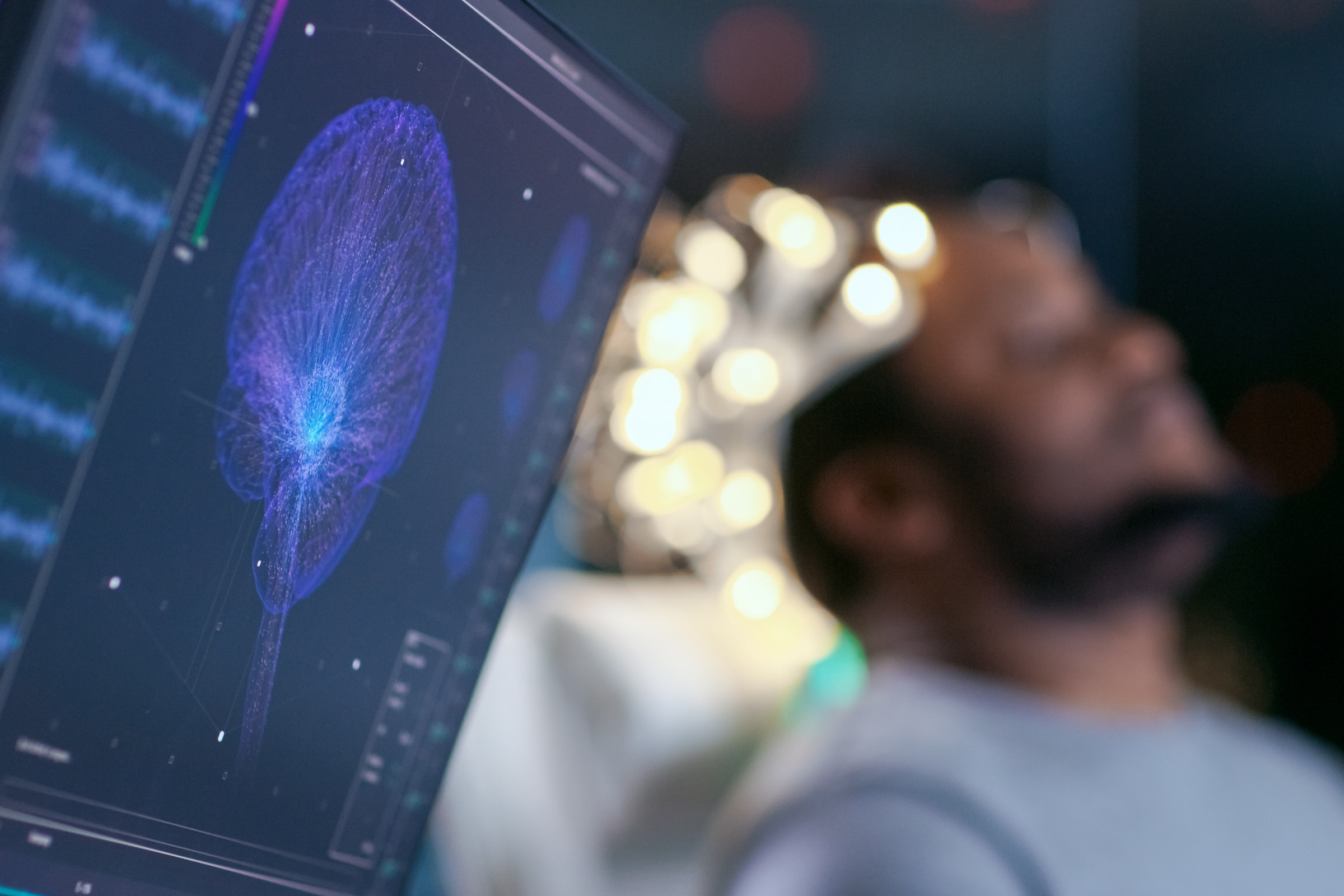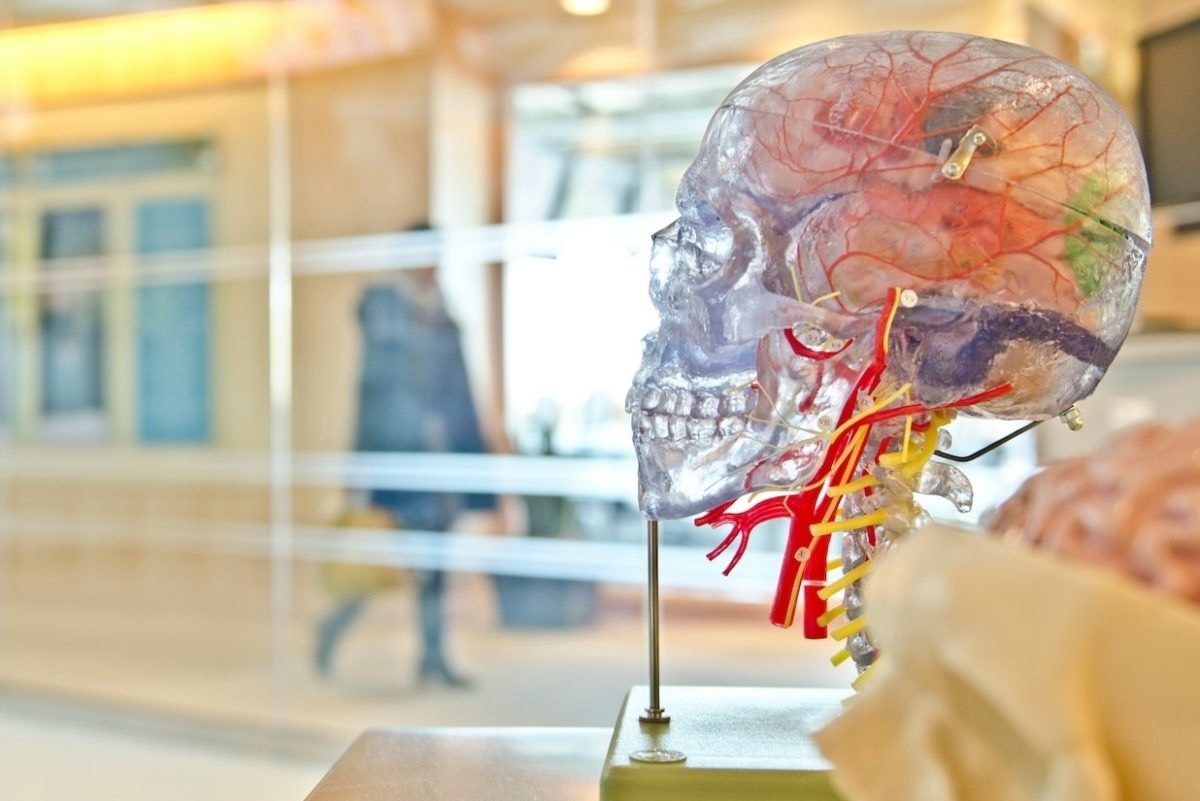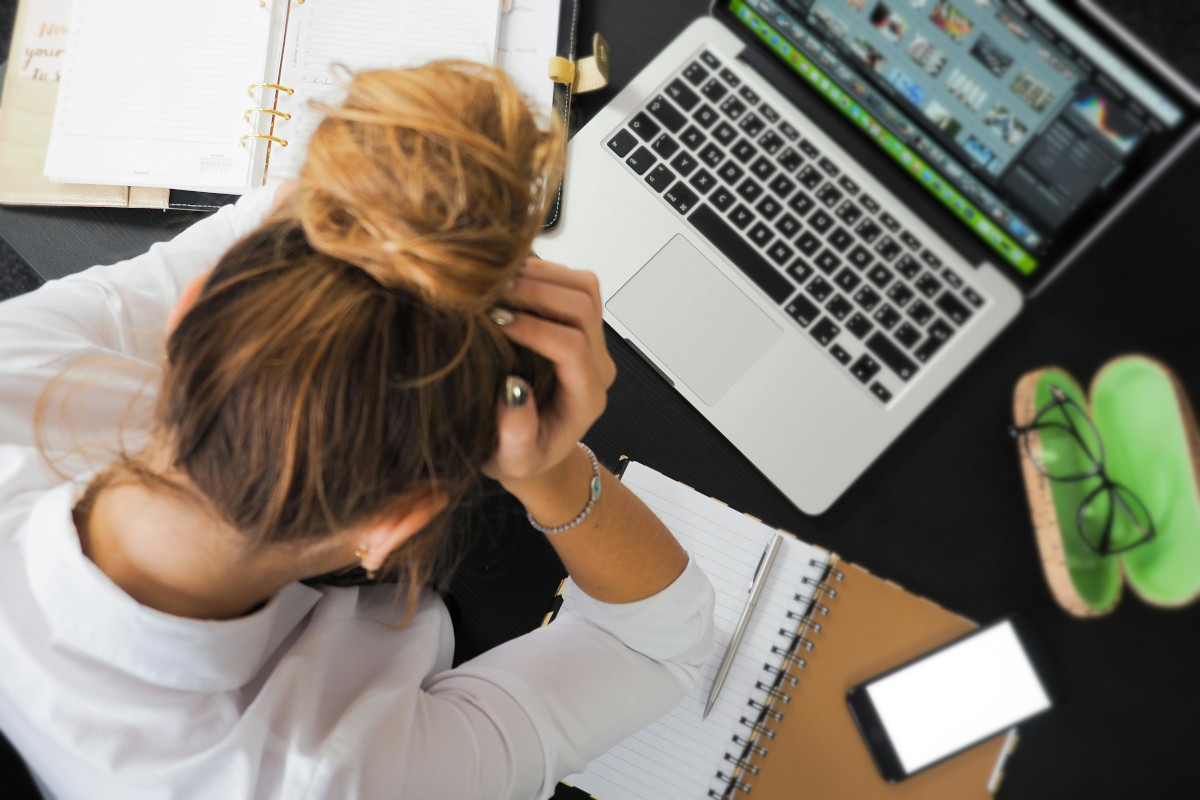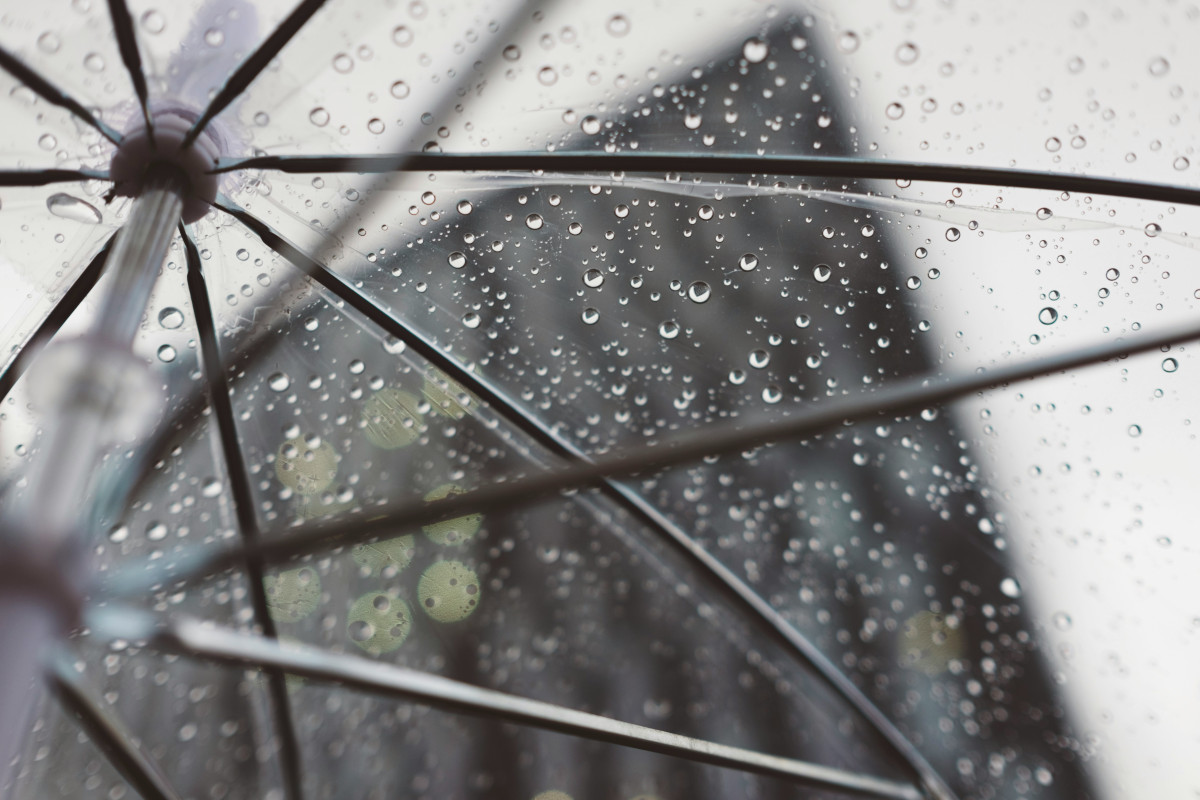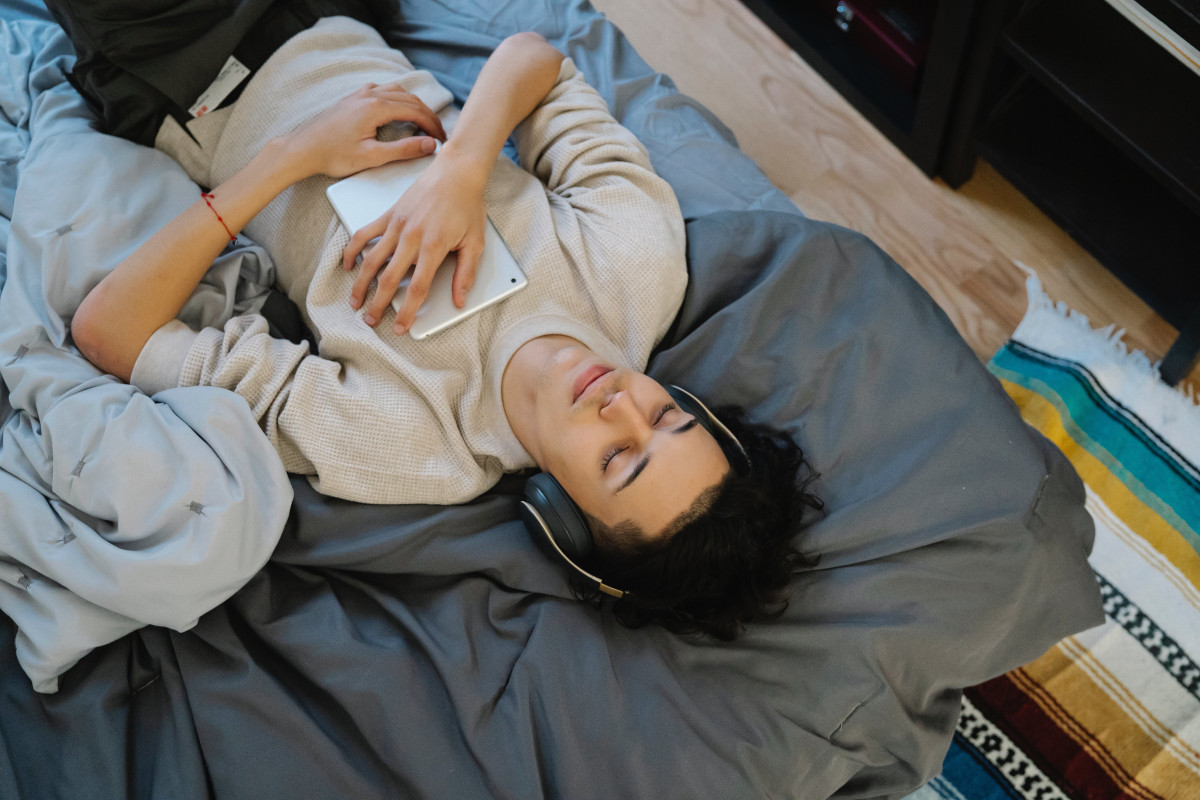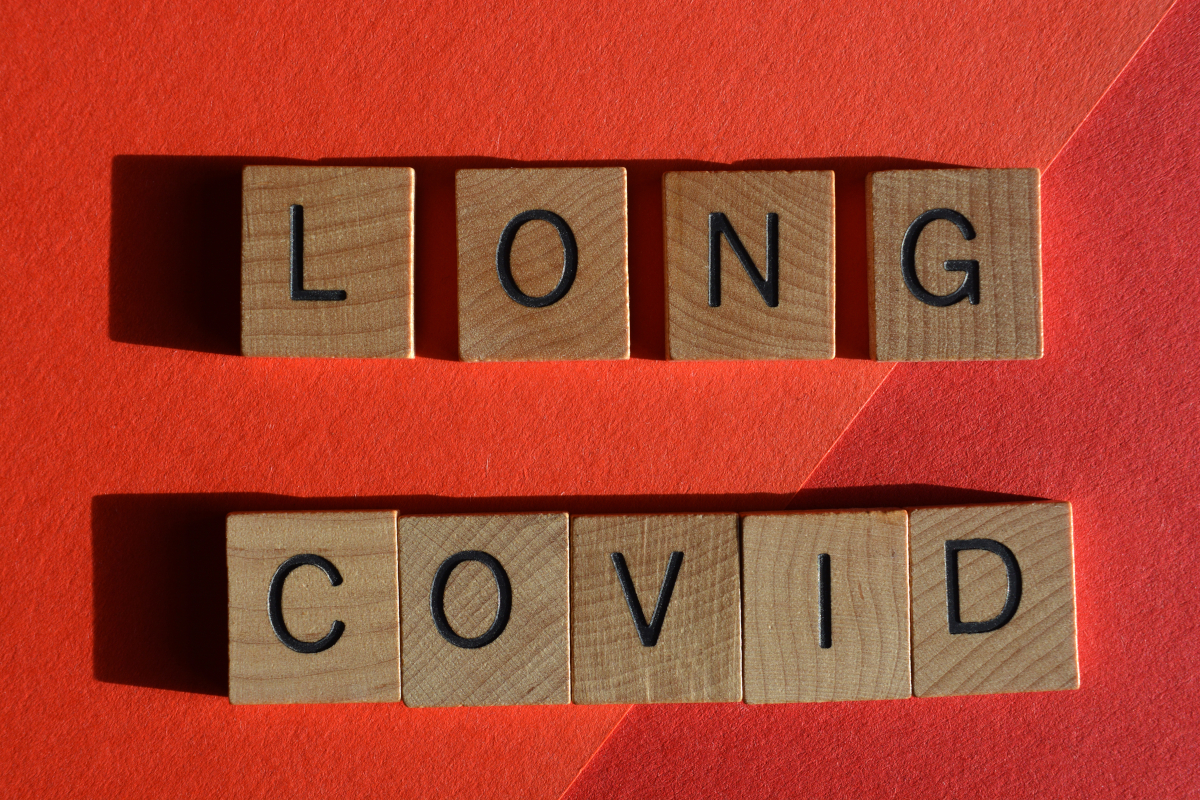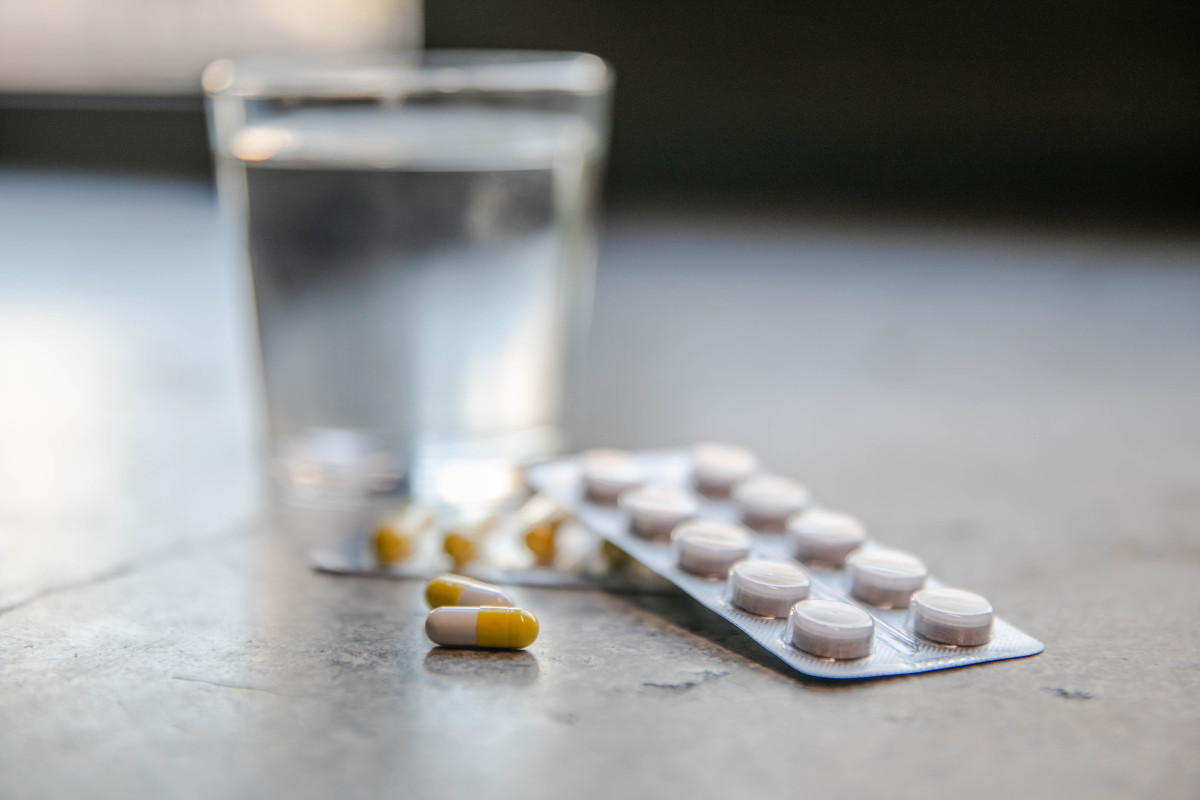Water: good medicine for headache prevention
Sometimes you don’t need a drug to fight headaches. Staying hydrated may be enough. This article explores why that is and offers advice on prevention.
-
References
Abu-Salameh I, Plakht Y, Ifergane G. Migraine exacerbation during Ramadan fasting. J Headache Pain. 2010 Dec;11(6):513-7. doi: 10.1007/s10194-010-0242-z. Epub 2010 Jul 22.
Arca KN, Halker Singh RB. Dehydration and Headache. Curr Pain Headache Rep. 2021 Jul 15;25(8):56. doi: 10.1007/s11916-021-00966-z.
Blau JN. Water deprivation: a new migraine precipitant. Headache. 2005 Jun;45(6):757-9. doi: 10.1111/j.1526-4610.2005.05143_3.x.
Blau JN, Kell CA, Sperling JM. Water-deprivation headache: a new headache with two variants. Headache. 2004 Jan;44(1):79-83. doi: 10.1111/j.1526-4610.2004.04014.x.
Khorsha F, Mirzababaei A, Togha M, Mirzaei K. Association of drinking water and migraine headache severity. J Clin Neurosci. 2020 Jul;77:81-84. doi: 10.1016/j.jocn.2020.05.034. Epub 2020 May 20.
Khorsha F, Mirzababaei A, Togha M, Mirzaei K. Association of drinking water and migraine headache severity. J Clin Neurosci. 2020 Jul;77:81-84. doi: 10.1016/j.jocn.2020.05.034. Epub 2020 May 20.
Wilson MM, Morley JE. Impaired cognitive function and mental performance in mild dehydration. Eur J Clin Nutr. 2003 Dec;57 Suppl 2:S24-9. doi: 10.1038/sj.ejcn.1601898.

